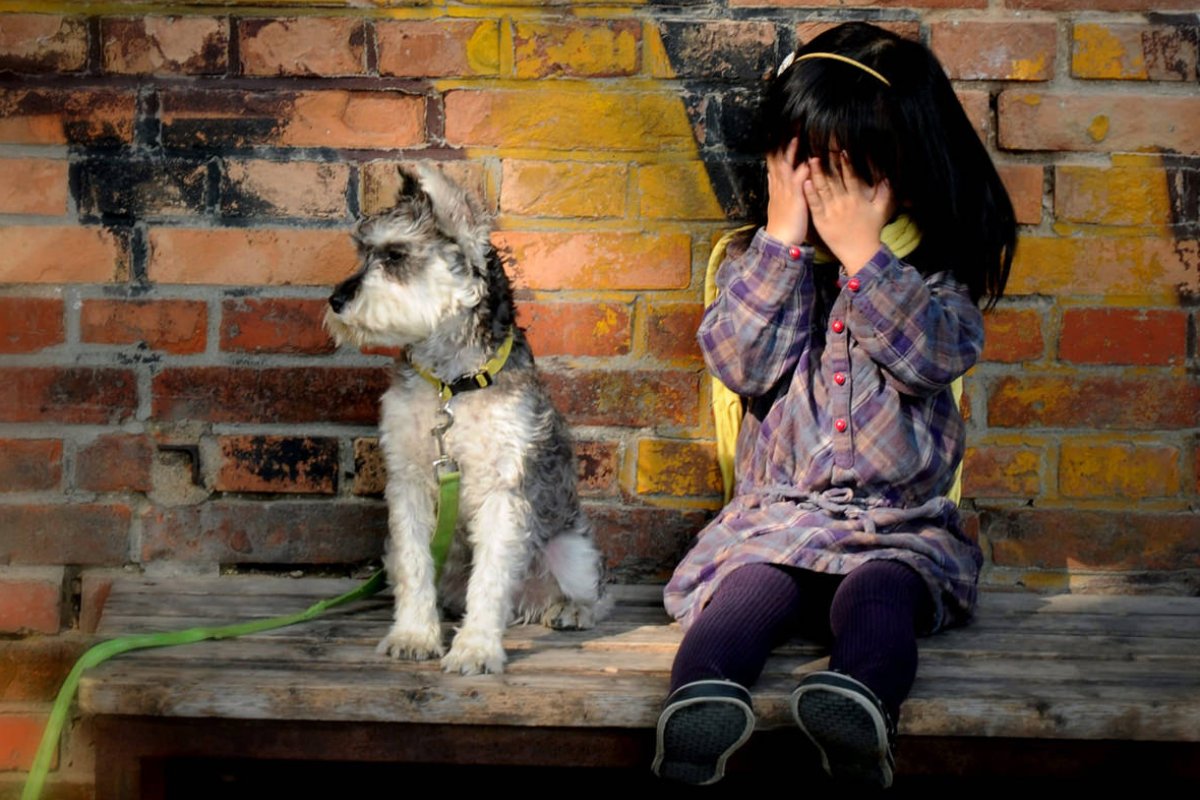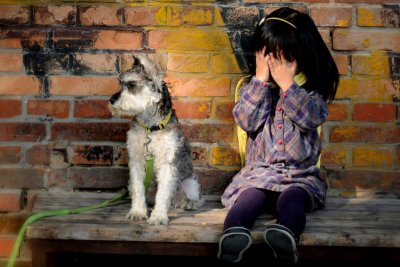Cathy Malchiodi PhD, LPCC, LPAT, ATR-BC, REAT
Most of us feel that we aren't photogenic. But what if you have a genetic condition or physical trait that really makes a difference in how you feel about yourself and how others perceive you? Maybe it sounds counterintuitive, but photography actually can be the cure for a broken self-image.
We humans have a common response to other people who look different. We turn our gaze away from individuals whose physical appearances make us feel uncomfortable; just think of your reaction when you see those ubiquitous television ads asking for donations for children with cleft palates. Or some of us may even stare, mesmerized by what we have been conditioned to view as physical deformity, defect, or disability. But what if a photograph could change those reactions, not only in the viewer but also for the person who does not meet society's definition of beauty? Former fashion photographer Rick Guidotti is doing just that through an organization called "Positive Exposure."
Guidotti is of the opinion that there is an untapped beauty in difference found throughout humankind across the planet. He set out in search of it by taking photographs of unlikely subjects--- people living with genetic conditions ranging from albinism to Marfan's syndrome, conditions that bring considerably noticeable physical characteristics. In fact, when he began to research various conditions and syndromes, he was shocked to witness the negative images communicated in standard medical texts. He decided to try to change the dominant narrative of shame and despair for people living with what many of us define as deformities and reframe each person as a unique and exquisite member of the human race. In the process, he found that his photographs started to literally "restory" people's lives by making visible new self-images that bring forth not only beauty, but also dignity, self-worth, and hope. Take a few minutes to watch his short film about his passion and journey as an artist:
Guidotti's efforts are being celebrated this week at the Society for the Arts in Healthcare's 21st Annual Conference, pARTners for HEALTH, in Minneapolis, MN, at the opening plenary session not only because his work speaks to art and health, but also as a form of social action within healthcare systems on a global scale. A current Positive Exposure project focuses on individuals with albinism in Tanzania where the condition means shame, fear, and even death due to stigma and cultural beliefs. Guidotti is using his art form to educate governmental officials in order to help save lives at risk of torture or homicide, create public awareness, and perhaps to even bring about some social justice.
In my mind, art is inherently about expressing that which is unique, not reinventing images from the same mold. In a world where an impossible standard of sameness is repeatedly reinforced by the media, Positive Exposure is a reminder to all of us to celebrate the magnificent differences in the human race. It is also a transformative experience for the individual via the power of the camera lens and a photographer on a mission to change lives. More importantly, Guidotti has used his medium to call attention to an aspect of healthcare that is as essential as medical intervention or medication -- the intangible process of helping people discover their own beauty and feel whole.




